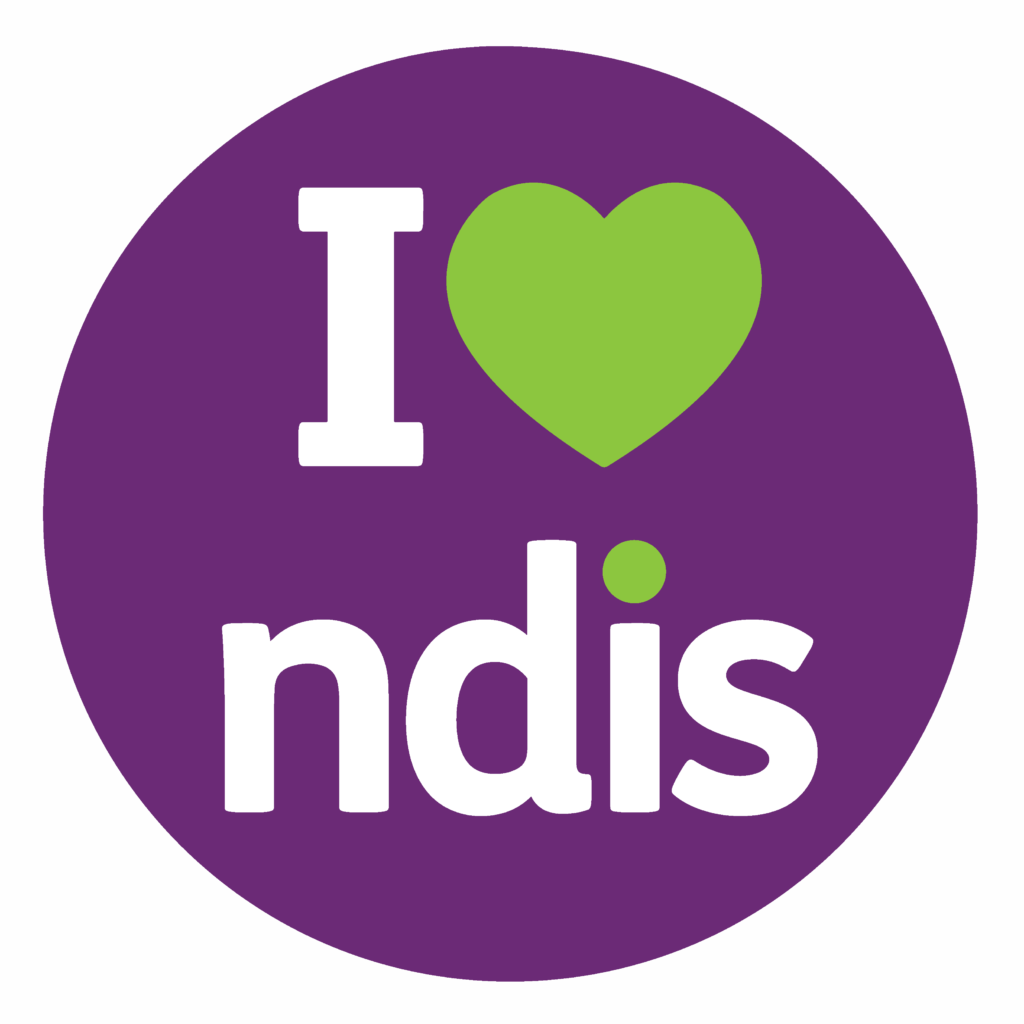Understanding the NDIS Employment Framework
The NDIS is designed to offer personalized support to individuals with disabilities, helping them achieve their goals and participate more fully in society. Employment is a key area of focus, with a range of supports tailored to meet the diverse needs of participants.
NDIS Goals for Employment
The NDIS aims to assist participants in finding and maintaining meaningful employment. This includes:
Enhancing Skills: Providing training and development opportunities to improve job readiness and performance.
Creating Opportunities: Facilitating connections with potential employers and job networks.
Supporting Workplace Adjustments: Ensuring necessary accommodations are made to support employees with disabilities.
Key Supports and Services for Employment
The NDIS offers various supports and services to help participants achieve their employment goals. These include:
1. Employment Assistance
The NDIS provides funding for services that help individuals with disabilities prepare for, find, and maintain employment. This includes:
Job Coaching: Personalized guidance to help participants understand job requirements, develop skills, and navigate the job market.
Workplace Modifications: Funding for necessary adjustments to the work environment to accommodate specific needs, such as specialized equipment or ergonomic changes.
Skills Development: Training programs focused on improving employability skills, including resume writing, interview techniques, and workplace communication.

2. Support Coordination
Support coordinators work with NDIS participants to connect them with appropriate services and resources. This includes:
Identifying Employment Goals: Helping participants set realistic and achievable employment objectives.
Linking to Employment Services: Connecting individuals with employment agencies and programs that match their needs.
Monitoring Progress: Regularly reviewing employment outcomes and making adjustments to support plans as needed.
3. Job Placement Services
Job placement services assist individuals in finding suitable employment opportunities. These services include:
Job Matching: Aligning participants’ skills and interests with available job openings.
Employer Engagement: Building relationships with employers to increase job opportunities and promote inclusive hiring practices.
Ongoing Support: Providing continued assistance to both participants and employers to ensure successful job integration.
Strategies for Successful Employment Outcomes
Achieving successful employment outcomes requires a strategic approach. Here are some strategies to consider:
1. Personalized Planning
Developing a tailored employment plan is crucial for success. This involves:
Assessing Strengths and Preferences: Understanding individual strengths, interests, and career goals to create a customized employment plan.
Setting Clear Objectives: Establishing specific, measurable, achievable, relevant, and time-bound (SMART) goals.
Regular Review and Adjustment: Continuously monitoring progress and making necessary adjustments to the plan based on feedback and changing circumstances.
2. Building a Support Network
A strong support network can significantly impact employment success. This includes:
Engaging with Support Services: Utilizing NDIS-funded services and support coordinators to access resources and guidance.
Connecting with Peers: Joining disability support groups and networks to gain insights, share experiences, and find encouragement.
Seeking Employer Partnerships: Collaborating with employers who are committed to creating inclusive workplaces and providing support for employees with disabilities. https://ndiscommunitysupport.com.au/community-access-service-provider/
3. Enhancing Job Readiness
Preparing for employment involves developing essential skills and attributes, such as:
Workplace Etiquette: Learning about professional behavior, communication, and teamwork.
Technical Skills: Acquiring job-specific skills and qualifications relevant to the desired occupation.
Self-Advocacy: Developing the ability to communicate needs and preferences effectively to employers and colleagues.
Conclusion
The NDIS plays a vital role in supporting individuals with disabilities to achieve their employment goals. By providing tailored supports, services, and resources, the NDIS helps create opportunities for meaningful and sustainable employment. With personalized planning, a robust support network, and a focus on job readiness, NDIS participants can navigate the path to successful employment and make significant contributions to the workforce.
For more information about NDIS employment supports and how to access these services, visit the NDIS website or contact your local NDIS office.




